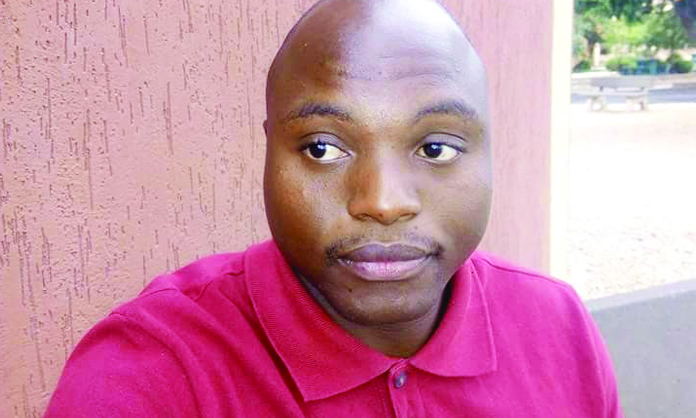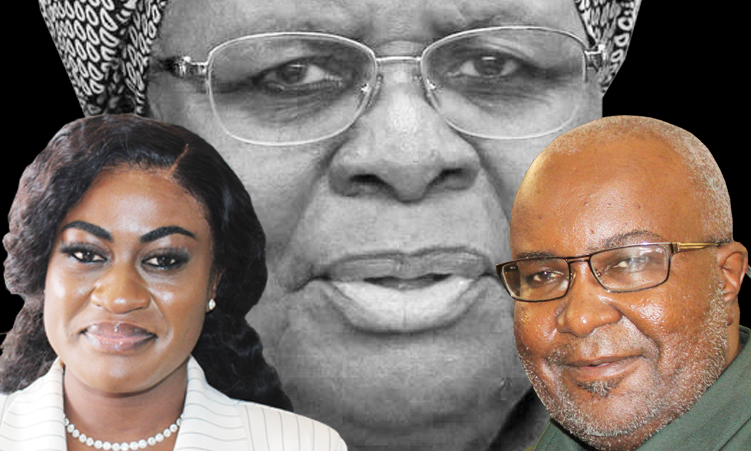The Collins Dictionary defines democracy as a system of government in which people choose their rulers by voting for them in elections.
The government is there because of people expressing how they want to be governed.
The process continues after the election. Citizens continue to monitor those who received their vote to govern.
In a democracy, inclusivity and pluralism are important elements of citizen participation and representation.
They are good determinants for a progressive society. De Wet and Van Vollenhoven (2011) define inclusivity as an action where everybody, regardless of their background or beliefs, gets a fair chance in life.
The aim is to ensure no one is left out or treated with disdain. Pluralism, on the other hand, means welcoming diverse viewpoints and voices.
In a pluralistic society, people with different backgrounds and beliefs can share their ideas and contribute to decision-making.
ISSUES
As far as inclusivity and pluralism are concerned in the Zambezi region, ethnic groups coexisting in the same region don’t have tolerance and appreciation for each other’s social background.
The region is still divided along tribal lines; there are divergent views and tribal slurs and practices among diverse groups are not uncommon in public offices or on the streets.
This often makes it impossible for groups to value each other’s contributions, despite 33 years of independence in Namibia.
As a result, progress in the region remains elusive, and it lags in development compared to other regions.
Economic opportunities are skewed, and unemployment and poverty remain high, according to the 2015 Namibia Poverty Mapping Report and the Labour Survey Index of 2018.
Agricultural schemes are grounded and unproductive.
These contemporary issues require a collective effort that is inclusive and diverse to surmount the challenges and move the region towards prosperity.
INCLUSIVITY
Namibian political scientist Joseph Diescho once questioned whether inclusivity and pluralism go together. This still needs to be fully explored.
However, inclusivity and pluralism are important for peace and development.
They foster a sense of belonging and unity.
When people from diverse backgrounds feel included in decision-making and on important societal issues, they are able to identify with the community and society as a whole.
This increases social unity and provides the conducive atmosphere needed for development.
Peace is a social condition achieved through collective consensus.
Development, on the other hand, requires collective decision-making participation and consultation.
Exclusivity and divergence are the antithesis of peace and development.
LET’S DO IT
Moving forward, the Zambezi region has the potential needed to be developed in Namibia.
Ethnic groups need to exercise tolerance and appreciation for the contribution they make towards peace and development.
Inclusivity and pluralism are important ingredients for a progressive Zambezi.
I believe it is time for diverse groups in the region to realise that Namibia is a multicultural society where different views can be accommodated.
Our diversity should be recognised and accepted, as articulated in our Constitution. The voices of all citizens matter.
- Collen M Kurana is a PhD student in public administration.
Stay informed with The Namibian – your source for credible journalism. Get in-depth reporting and opinions for
only N$85 a month. Invest in journalism, invest in democracy –
Subscribe Now!










